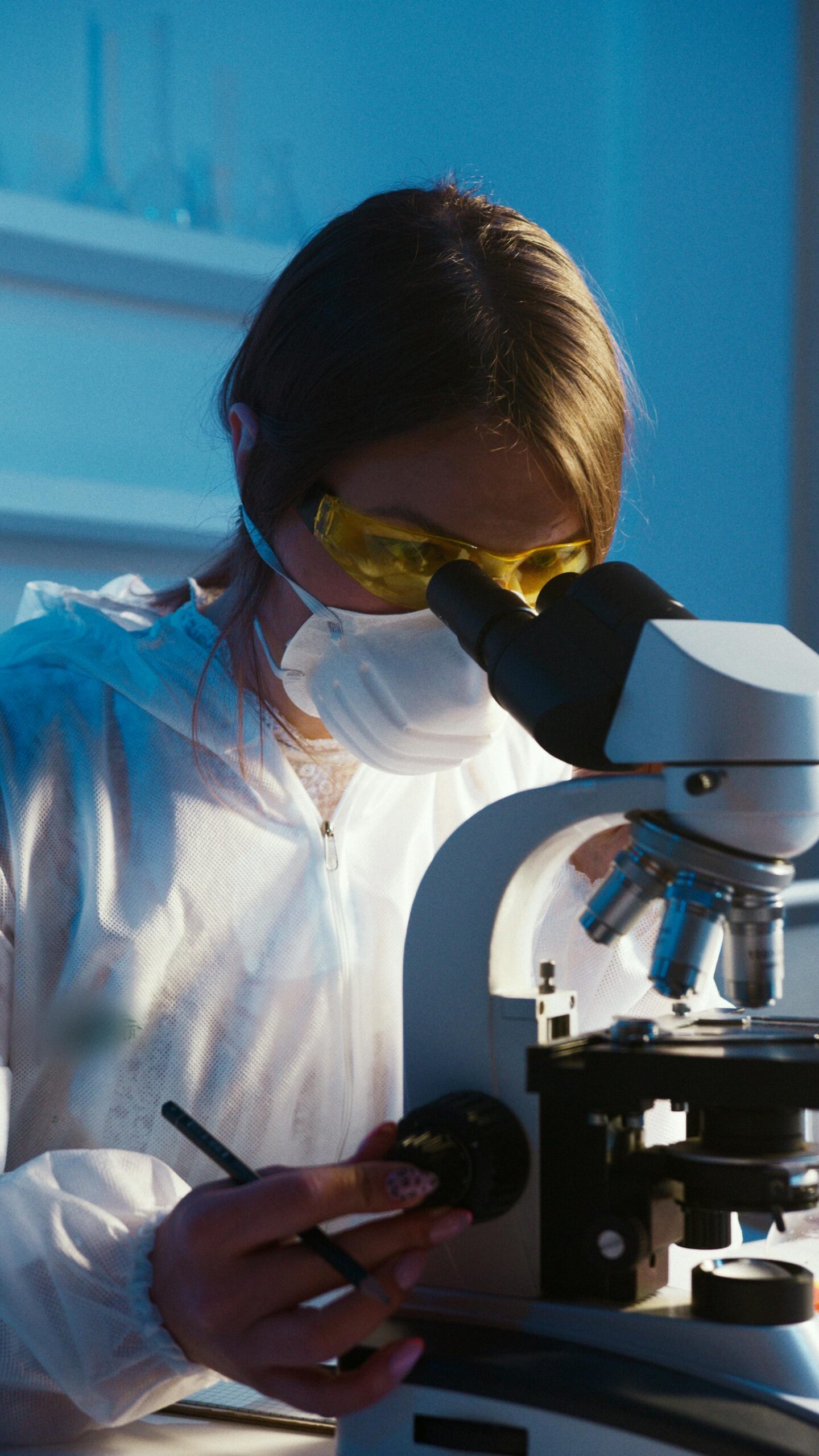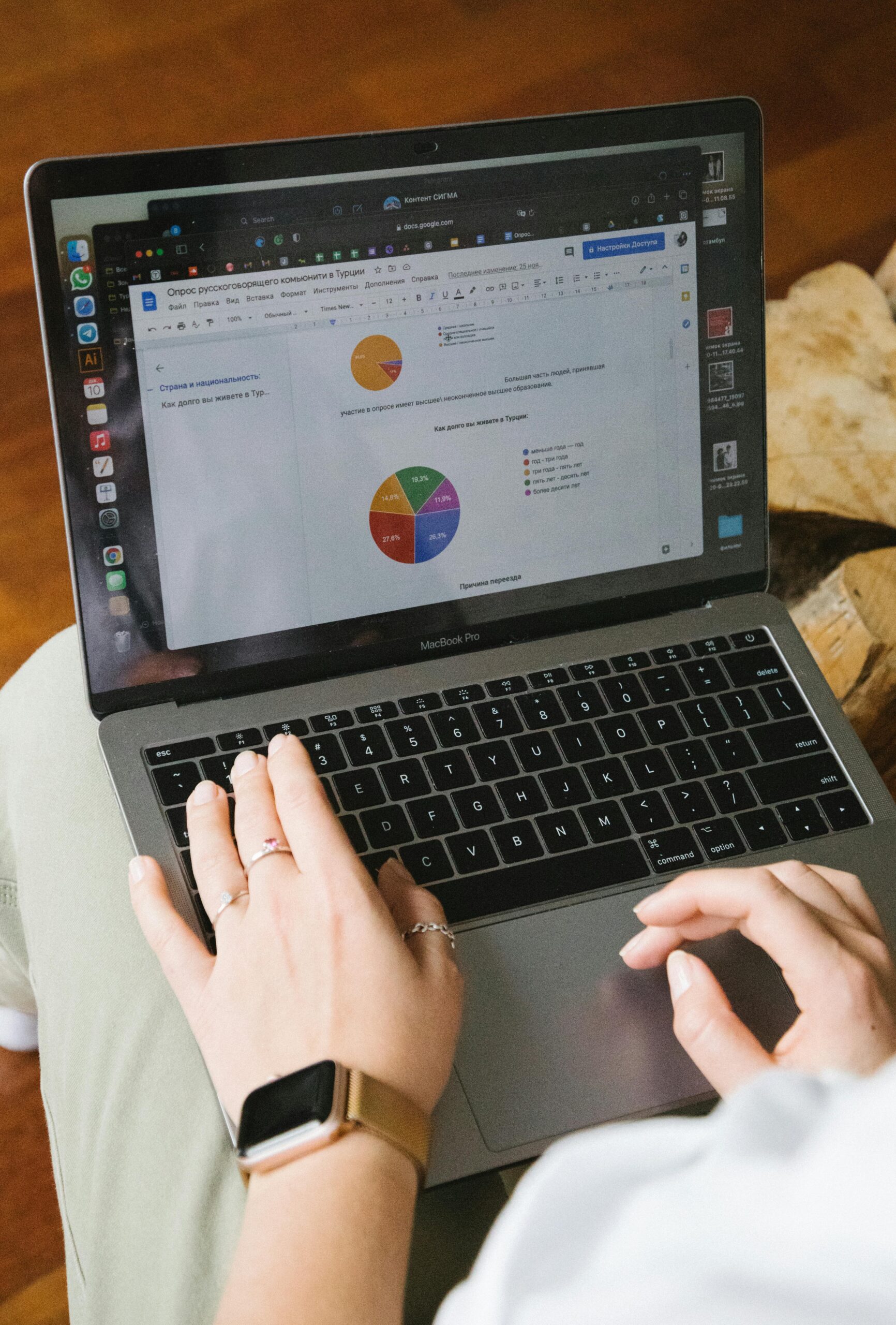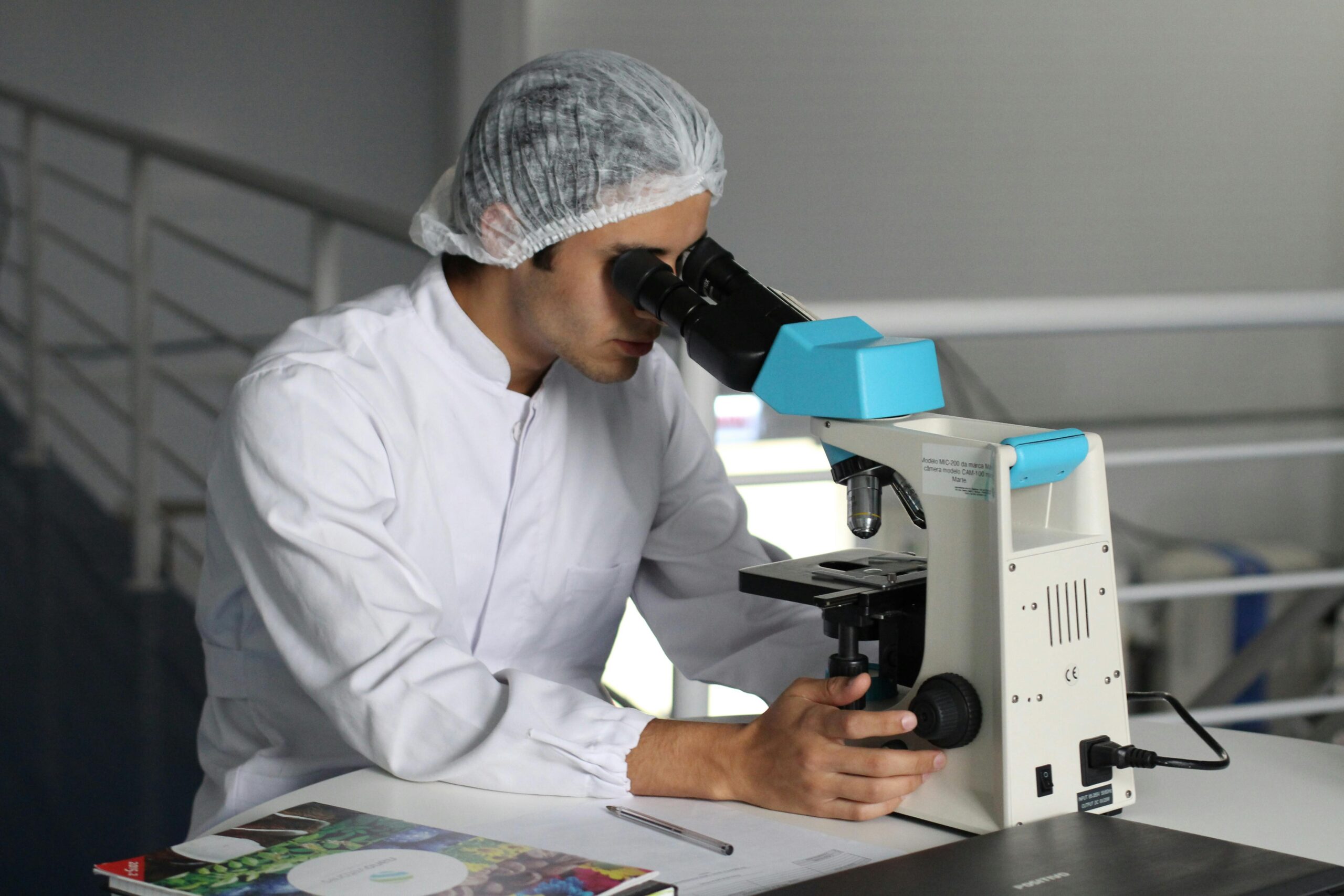Medical Workshops: A Cornerstone for Future Healthcare Professionals
Introduction
The transition from the classroom to the clinical setting is a pivotal moment for medical students. Medical workshops offer a bridge between theoretical knowledge and practical application, equipping students with the essential skills and confidence needed for a successful medical career. By providing hands-on experience, exposure to real-world challenges, and opportunities for skill enhancement, medical workshops empower students to become competent and compassionate healthcare providers.
The Importance of Practical Experience
While medical textbooks provide a solid foundation of theoretical knowledge, practical experience is essential for developing clinical judgment and decision-making skills. Medical workshops offer a controlled environment where students can practice procedures, refine their techniques, and gain exposure to different patient scenarios. This hands-on approach reinforces classroom learning and fosters a deeper understanding of medical concepts.
For example, a workshop focused on suturing techniques allows students to practice on simulated tissue, building confidence and dexterity. This practical experience prepares students for real-life surgical procedures and enhances their ability to perform under pressure.
Developing Essential Medical Skills
Medical workshops are instrumental in developing a wide range of essential medical skills. Students learn the importance of communication, teamwork, and patient-centered care as they collaborate with peers and healthcare professionals. Additionally, workshops hone technical skills such as physical examination, diagnostic procedures, and medical record keeping.
For instance, a workshop on patient history taking and physical examination provides students with the opportunity to practice interviewing patients, performing focused examinations, and documenting findings accurately. These skills are fundamental to establishing a strong doctor-patient relationship and providing effective care.
Industry Exposure and Networking Opportunities
Medical workshops often involve healthcare professionals who share their expertise and insights with students. This exposure to real-world challenges and clinical best practices provides valuable context for classroom learning. Students gain a better understanding of the healthcare system, patient populations, and the roles of different healthcare providers.
Moreover, workshops offer excellent networking opportunities. Interacting with experienced medical professionals and fellow students can lead to valuable connections, mentorships, and job placements. Building a strong professional network is essential for career advancement, and medical workshops provide an ideal platform for initiating these relationships.
Overcoming Challenges and Maximizing Workshop Benefits
While medical workshops offer numerous advantages, students may face challenges such as limited access to facilities, time constraints, and the pressure to perform. To maximize the benefits of workshops, students should actively seek out opportunities, collaborate with peers, and seek guidance from instructors and mentors.
Effective time management is crucial for balancing workshop commitments with academic coursework. Prioritizing tasks and setting realistic goals can help students make the most of their time. Additionally, students should take advantage of resources such as online simulations, case studies, and medical journals to enhance their knowledge and skills.
Conclusion
Medical workshops are indispensable for the training of future healthcare professionals. By providing hands-on experience, fostering essential skills, and offering industry exposure, workshops equip students with the tools they need to excel in their medical careers. As healthcare continues to evolve, the importance of practical experience will only increase. Therefore, students who actively participate in medical workshops will be well-prepared to meet the challenges and opportunities of the healthcare field.



